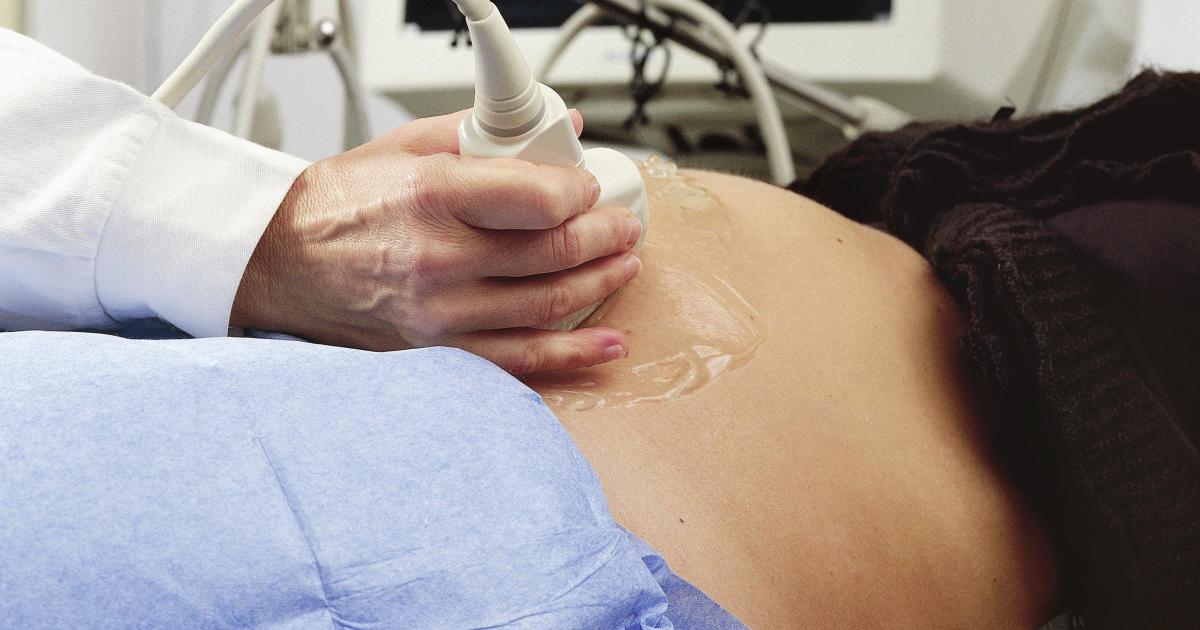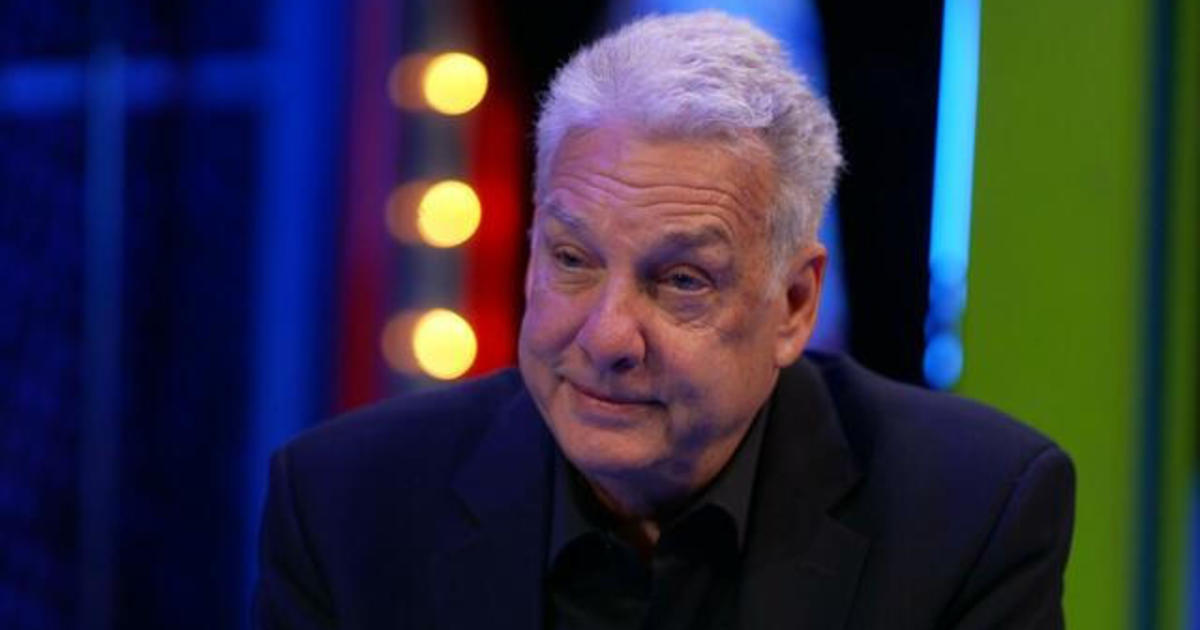Experimental implant restores Parkinson's patient's ability to walk, researchers say
A new implant targeting Parkinson's disease has restored one man's ability to walk after 25 years of suffering from the disease, according to a study published in the journal Nature Medicine on Monday.
Marc Gauthier, 63, was diagnosed with Parkinson's at age 36 and experienced decreased locomotive functioning as the illness progressed. With help from the experimental, surgically implanted device, he is now able to walk over three miles without stopping, according to the study.
"Getting into an elevator ... sounds simple. For me, before, it was impossible," Gauthier said in an interview with NeuroRestore, a Swiss research and treatment center that works to restore neurological functions. "I was skating, I was freezing. Now ... I have no problem," he added.
Parkinson's is a brain disorder that results in degeneration of the nervous system. Roughly 90% of patients with advanced Parkinson's disease experience what the study calls "locomotor deficits," which impact the ability to walk freely. Though there is currently no known cure for Parkinson's, it is becoming increasingly treatable.
The epidural implant, developed by the Swiss Federal Institute of Technology, University Hospital Lausanne and NeuroRestore, sits on the lower region of the spinal cord and sends signals to the legs through the brain. As the implant stimulates those nerves, it works to "alleviate asymmetry and promote longer steps, improve balance and reduce freezing of gait," allowing the leg muscles to move more comfortably, according to the study.
In Gauthier's case, a small generator embedded in his abdominal skin supplied direct power to the implant. Following the implantation, rehabilitation sessions were conducted two to three times a week for three months.
Researchers remain cautious about the therapy's future prospects. "This is only one participant," said Grégoire Courtine, director of NeuroRestore and a neuroscientist himself.
"We don't know whether all the individuals with Parkinson's disease will respond to the therapy," Courtine said, adding that the team is "committed" to building out the technology and testing it on six additional patients in the near future.




